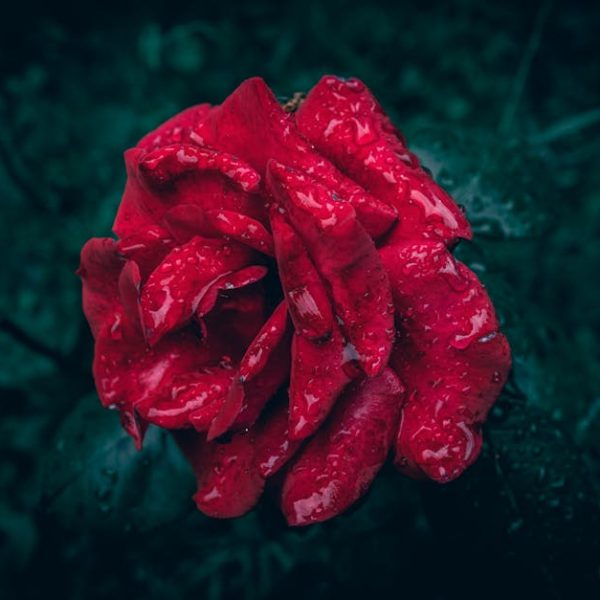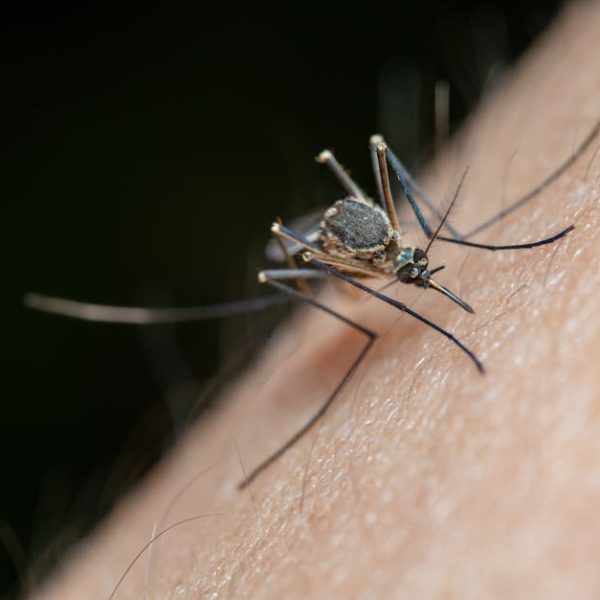A basil plant’s vibrant and aromatic leaves can do more than just enhance your culinary experience; they can bring life to your garden. But they could also attract unwanted guests: the aphids. Aphids – small, soft-bodied insects – can wreak havoc on these beloved plants if not addressed in time. But don’t worry, an aphid infestation isn’t an insurmountable problem for your basil plants. In fact, with the right strategies and proactive measures, you can help your basil plants thrive, sans aphids!
Understanding What Aphids Are and Their Impact on Basil Plants
Aphids are formidable foes for many garden plants, including basil. They are tiny insects that feed on plant sap, causing significant damage when they infest in large numbers. The life cycle of aphids is a relentless assault on your plants; they reproduce quickly and are resistant to many weather conditions, making their control and elimination crucial.
When aphids infest basil plants, they inflict damage by draining the plant of its nutrients and leaving the leaves curled and withered. Some signs that indicate an aphid infestation include:
- Yellow or pale leaves
- Stunted growth and deformed leaves
- A sticky substance, known as honeydew, on the plant and surrounding area
- Presence of ants, which are attracted by the honeydew
Comparing Healthy Basil and Aphid-Infested Basil
| Healthy Basil | Aphid-Infested Basil |
|---|---|
| Green and vibrant leaves | Yellow or pale leaves |
| Uniform leaf growth | Curled and deformed leaves |
| Free from sticky residue | Presence of sticky honeydew |
First Savvy Tip: Using Natural Predators to Control Aphids
One of the most efficient and eco-friendly ways to eliminate aphids is to take advantage of their natural predators. Ladybugs, lacewings, and hoverfly larvae are some of the most common predators that can decimate an aphid population in no time.
Here’s how you can integrate them into your garden:
- Purchase these beneficial insects from gardening stores or online platforms
- Release them near the infested plants during cooler parts of the day when they are less likely to fly away
- Refrain from using insecticides which can also harm these beneficial insects
Second Savvy Tip: Utilizing Homemade Aphid Sprays
A more hands-on approach to eliminating aphids is preparing a homemade aphid spray. Not only do they tackle aphids effectively, but they are also safer and more economical than commercial alternatives.
Icon Recipe: A simple yet effective aphid spray can be made by combining water, dish soap, and a little oil. The soap will dry out the aphids, and the oil will stop them from moving, effectively killing them.
Pro Tips: Apply your homemade spray in the early morning or late evening to prevent sunburn on the plants. Also, focus the spray on the underside of the leaves, where aphids often hide. Remember to apply regularly for effective control.
Third Savvy Tip: Implementing Plant Companion Planting Techniques
Companion planting is a strategic gardening technique that pairs certain plants together for mutual benefits, including pest control. There are several plants that, when planted near basil, will ward off aphids.
Possible companion plants include:
- Marigolds: Their strong scent repels many pests, including aphids.
- Garlic: Known to deter aphids and other pests.
- Chives: These also repel aphids while enhancing the flavor of the basil.
Pros and Cons of Companion Planting
| Pros | Cons |
|---|---|
| Natural, chemical-free aphid control | Some combinations may not work for all pests |
| Enhances biodiversity in your garden | Requires careful planning and plant spacing |
| Potentially increased plant health and yield | Some companion plants may compete for resources |
Bonus Recipe: Aphid-Resistant Basil Plant Health Tonic
Beyond aphid control, maintaining the overall health and strength of your basil plants can deter aphids. One way to achieve this is through a DIY basil plant health tonic.
Icon Recipe: Combine one tablespoon of Epsom salt, one teaspoon of baking soda, and two liters of water. Spray the mixture on the basil foliage once a month.
Pro tips: The Epsom salt provides beneficial magnesium and sulfur, improving plant health. The baking soda helps guard against fungal diseases. Remember, healthy plants are less attractive to pests like aphids. So, along with managing aphids, take care of your plant’s overall health and wellbeing.
With these savvy tips and recipes in your arsenal, you’re well-equipped to wage war on aphids and secure the health of your precious basil plants. Your gardening efforts will be rewarded with abundant, healthy, and aphid-free basil – perfect for those pesto recipes, tomato, and basil salads, or just a stunning aromatic addition to your garden!
Key Takeaway:
- Aphids are small pests that can cause significant damage to basil plants through nutrient draining resulting in yellow, curled, and withered leaves.
- Natural predators like ladybugs, lacewings, and hoverfly larvae can be effective in controlling aphid infestations.
- Homemade aphid sprays made from household ingredients, such as dish soap and oil, can be useful in eliminating aphids.
- Companion planting techniques involving plants like marigolds, garlic, or chives can deter aphids.
- A homemade basil plant health tonic made of Epsom salt, baking soda, and water can increase the plant’s resilience against aphids.
Don’t be disheartened by an aphid infestation in your basil plants. With the right tips and a proactive approach, you can effectively control aphids and ensure the wellbeing of your plants. Remember, a healthy plant is your best defense against pests!
FAQs
Q: Are there any natural predators that can help eliminate aphids?
A: Yes, several natural predators feed on aphids which can aid in their control. These include ladybugs, lacewings, and hoverfly larvae.
Q: What are some effective homemade solutions to control aphids?
A: A simple homemade aphid spray can be prepared using water, dish soap, and a little oil. This concoction can effectively eliminate aphids when used regularly.
Q: Can planting certain plants near my basil help with aphid control?
A: Yes, a technique called companion planting can help in aphid control. Marigolds, garlic, and chives are some examples of plants that can repel aphids when planted near basil.
Q: How can I improve the resilience of my basil plants against aphids?
A: Using a basil plant health tonic made from Epsom salt, baking soda, and water can help improve the overall health and resilience of your plants, making them less attractive to pests like aphids.
Q: What is the best time of the day to apply the homemade aphid spray?
A: It is recommended to apply the homemade aphid spray during the early morning or late evening to prevent sunburn on the plants.
Feel free to share this article with others who can benefit from these tips. You can explore more exciting and informative posts on our website.






